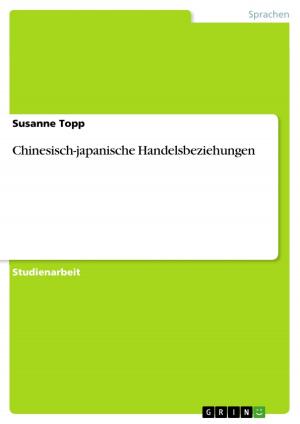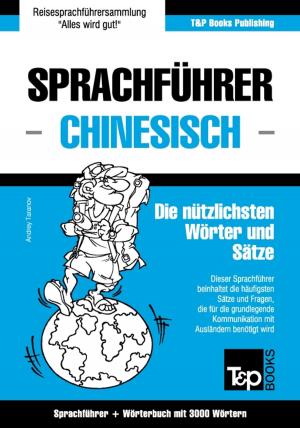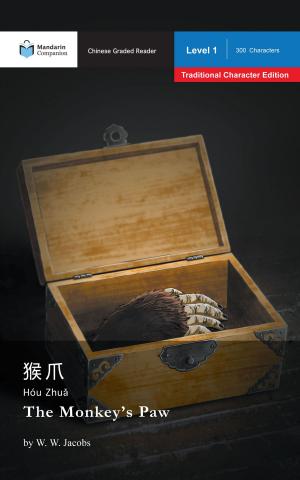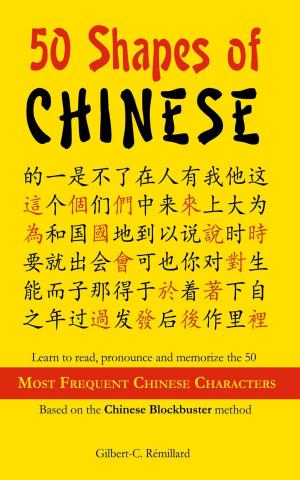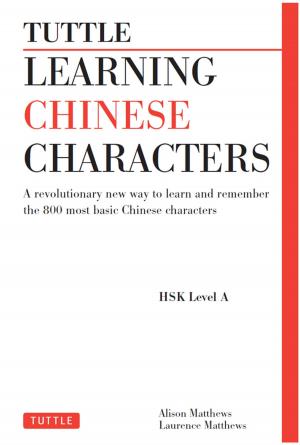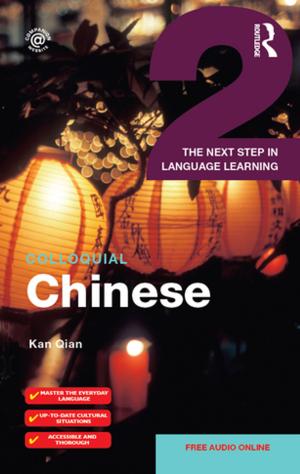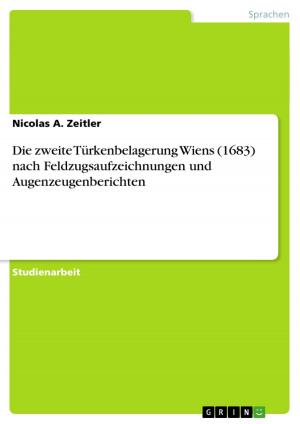The Emperor in Hell
Journey to the West, #5
Nonfiction, Reference & Language, Foreign Languages, Chinese| Author: | Jeff Pepper | ISBN: | 9781733165006 |
| Publisher: | Imagin8 Press | Publication: | June 6, 2019 |
| Imprint: | Language: | Chinese |
| Author: | Jeff Pepper |
| ISBN: | 9781733165006 |
| Publisher: | Imagin8 Press |
| Publication: | June 6, 2019 |
| Imprint: | |
| Language: | Chinese |
"The Emperor In Hell" is the fifth book in the "Journey to the West" series of stories by Jeff Pepper and Xiao Hui Wang. Other titles include "Rise of the Monkey King", "Trouble in Heaven", "The Immortal Peaches" and "The Young Monk".
This book is based on chapters 9, 10 and 11 of Journey To The West, an epic novel written in the 16th Century by Wu Chen'en. Each book in our Journey to the West series covers a short section of the original 2,000-page novel.
Journey To The West is loosely based on an actual journey by the Buddhist monk Xuanzang, who traveled from the Chinese city of Chang'an westward to India in 629 A.D. and returned 17 years later with priceless knowledge and texts of Buddhism. Over the course of the book the band of travelers face the 81 tribulations that Xuanzang had to endure to attain Buddhahood.
This book, the fifth in the series, tells the final series of stories that lead us to the actual journey to the west, which starts in Book 6. It is by far the darkest and most frightening of all the stories we've told so far, with a series of horrifying visions of after-death punishment of evildoers that are reminiscent of those in Dante's Inferno.
The story starts innocently enough, with two good friends chatting as they walk home after eating and drinking at a local inn. One of the men, a fisherman, tells his friend about a fortuneteller who advises him on where to find fish. This seemingly harmless conversation between two minor characters triggers a series of events that eventually cost the life of a supposedly immortal being, and cause the great Tang Emperor himself to be dragged down to the underworld. He is released by the Ten Kings of the Underworld, but is trapped and must escape with the help of a deceased courtier named Cui Jue.
The story is written, as much as possible, using the 600 word vocabulary of HSK 3. It is presented in simplified Chinese characters and pinyin, and includes an English version and complete glossary.
A full audiobook version of this book is available for free on YouTube.
"The Emperor In Hell" is the fifth book in the "Journey to the West" series of stories by Jeff Pepper and Xiao Hui Wang. Other titles include "Rise of the Monkey King", "Trouble in Heaven", "The Immortal Peaches" and "The Young Monk".
This book is based on chapters 9, 10 and 11 of Journey To The West, an epic novel written in the 16th Century by Wu Chen'en. Each book in our Journey to the West series covers a short section of the original 2,000-page novel.
Journey To The West is loosely based on an actual journey by the Buddhist monk Xuanzang, who traveled from the Chinese city of Chang'an westward to India in 629 A.D. and returned 17 years later with priceless knowledge and texts of Buddhism. Over the course of the book the band of travelers face the 81 tribulations that Xuanzang had to endure to attain Buddhahood.
This book, the fifth in the series, tells the final series of stories that lead us to the actual journey to the west, which starts in Book 6. It is by far the darkest and most frightening of all the stories we've told so far, with a series of horrifying visions of after-death punishment of evildoers that are reminiscent of those in Dante's Inferno.
The story starts innocently enough, with two good friends chatting as they walk home after eating and drinking at a local inn. One of the men, a fisherman, tells his friend about a fortuneteller who advises him on where to find fish. This seemingly harmless conversation between two minor characters triggers a series of events that eventually cost the life of a supposedly immortal being, and cause the great Tang Emperor himself to be dragged down to the underworld. He is released by the Ten Kings of the Underworld, but is trapped and must escape with the help of a deceased courtier named Cui Jue.
The story is written, as much as possible, using the 600 word vocabulary of HSK 3. It is presented in simplified Chinese characters and pinyin, and includes an English version and complete glossary.
A full audiobook version of this book is available for free on YouTube.



